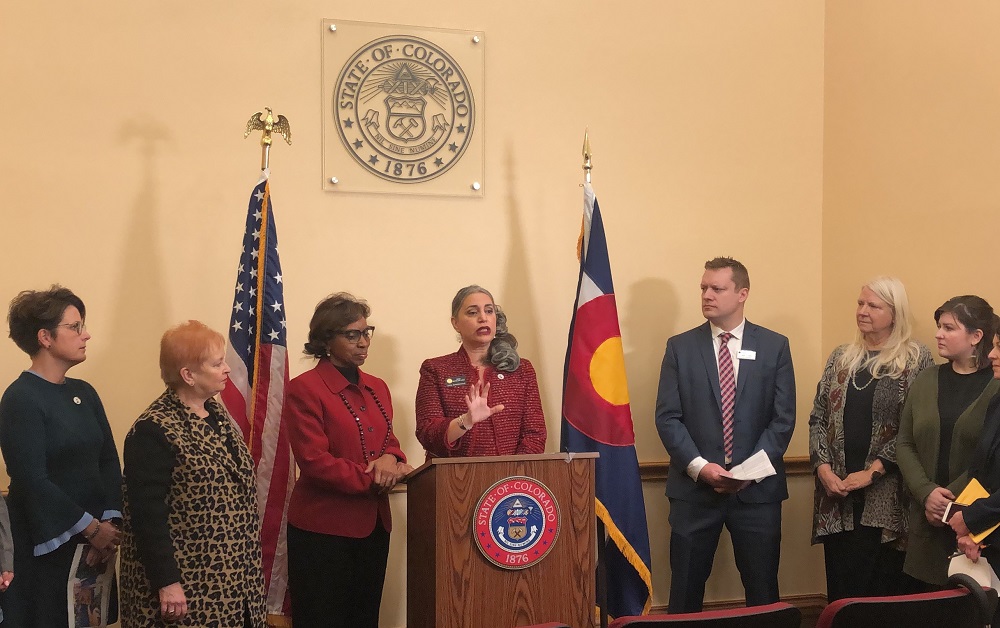Recently, the Denver Post highlighted the effectiveness of Co-Responder Programs in Colorado and their success.
Below is an excerpt from the article written by Christopher N. Osher:
Colorado is pushing for new approaches to how police officers handle cases involving mental illness and drug addiction, encouraging them to steer low-level offenders toward treatment rather than jail and giving them assistance in dealing with potentially dangerous situations.
In one tactic, mental health professionals ride with officers during 911 responses and some routine patrols. In another, local communities place case managers into high-crime areas to help police keep drug users, prostitutes and other offenders out of the criminal justice system.
Several law enforcement agencies in Colorado already are using these strategies. The Colorado Department of Human Services is pushing further, planning to distribute $16 million over the next three years to support such efforts. The state will award $5.3 million this month. As many as 12 police departments could use the money to emphasize treatment over incarceration.
Read the full article HERE.
Southeast Health Group Uses COMET to Help Strengthen its Agricultural Community
Suicide rates for those within the agricultural community are twice that of the regular population. Stigma, droughts,…
2020 Golden Abacus & Golden Lightbulb Awards Ceremony
Each year, CBHC honors the efforts of our community mental health centers’ achievements in the realms of…
New Series Highlights Behavioral Health in Covid Era
On Edge is a statewide series on how 2020’s confluence of crises has tested Coloradans’ mental health….
CBHC Honors Rep. Dafna Michaelson Jenet as a 2020 Behavioral Health Champion
What makes a Community Behavioral Health Champion? It’s not just about carrying behavioral health bills – CBHC’s…




